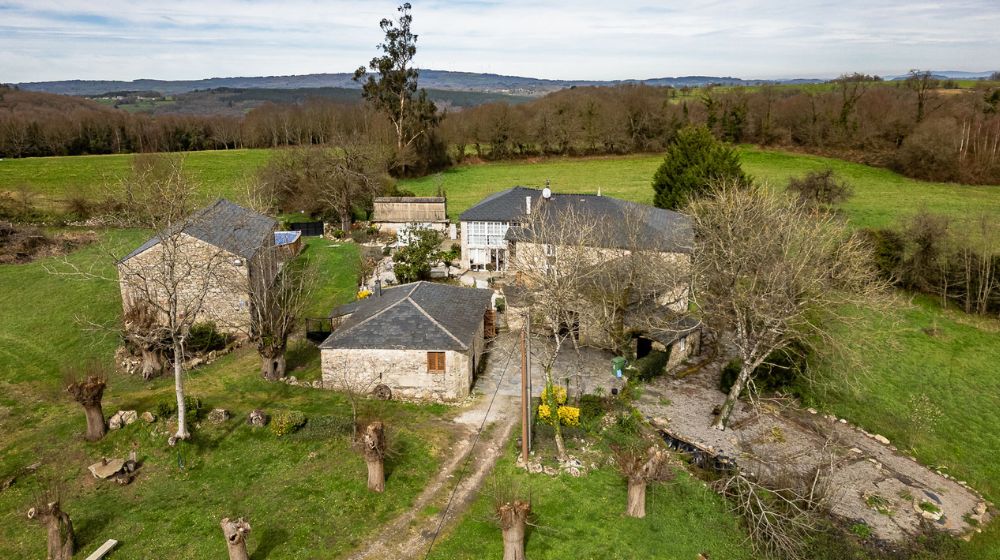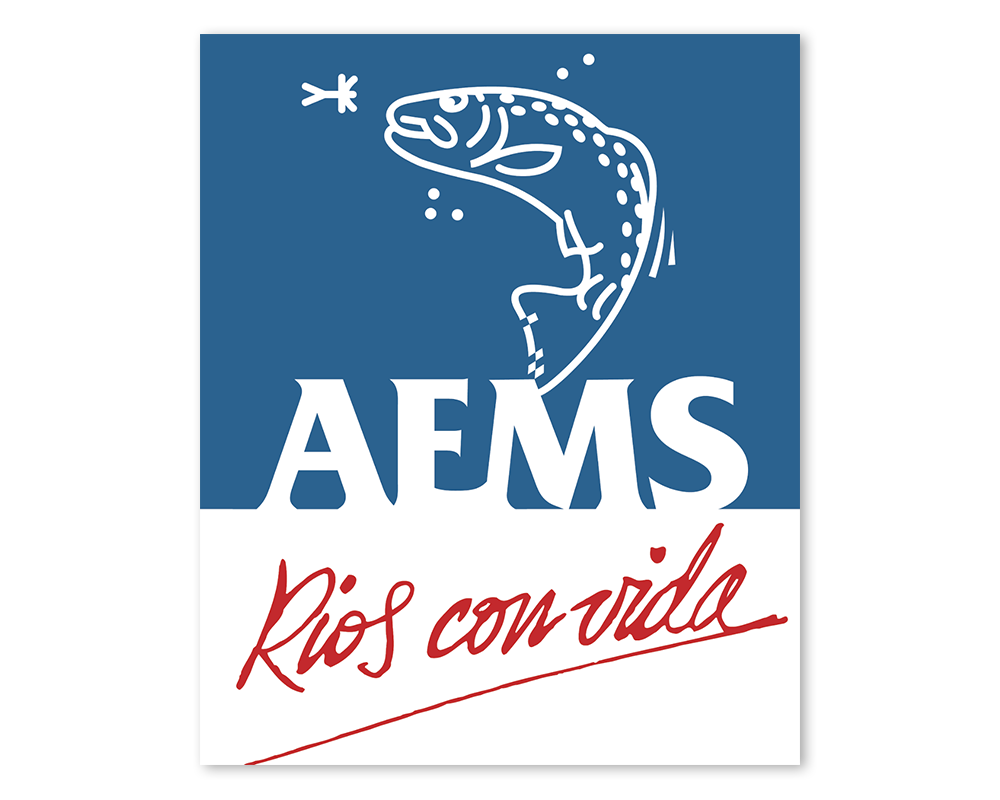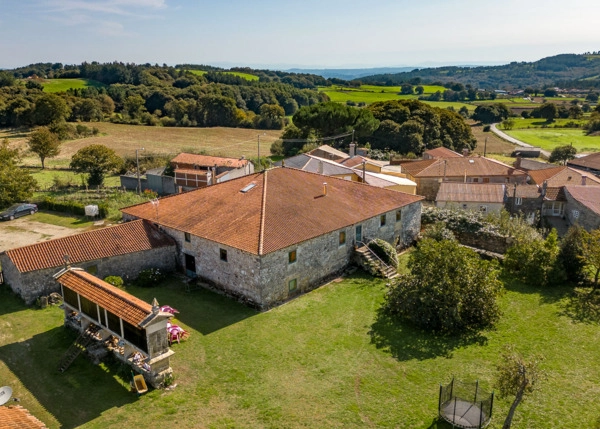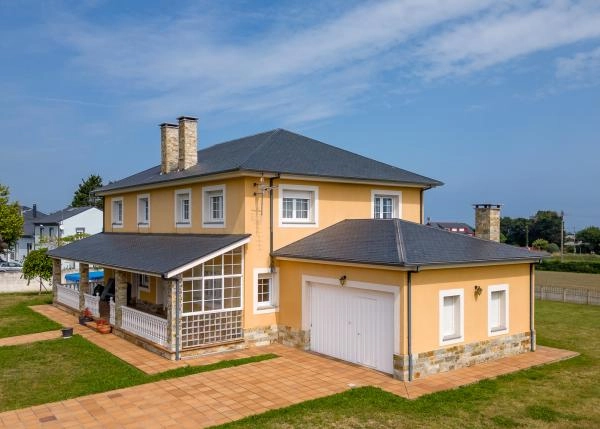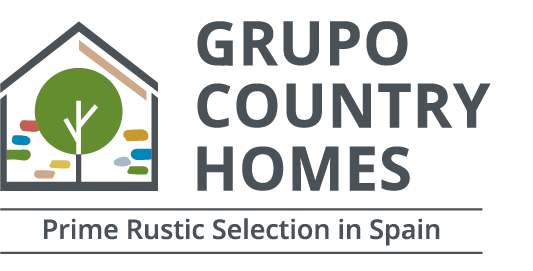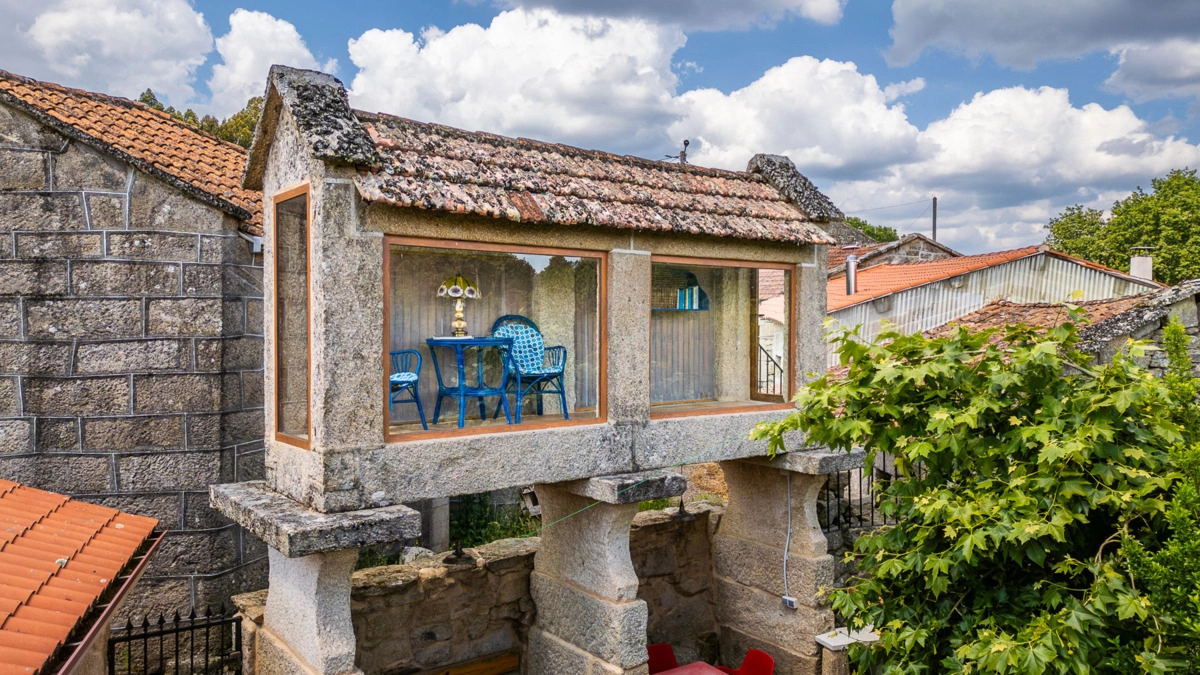
What you need to know to turn your home into an Airbnb
Turning our property into a tourist-use accommodation in Spain can be an interesting way to generate extra passive income and maximize the potential profitability of our home. Unlike other accommodation models such as hotels, guesthouses, or tourist apartments, operating as a VUT does not require obtaining a specific license or operating as a business, and the process is usually much simpler. Additionally, we can continue to enjoy the property for our personal use whenever we need it and have not rented it out.
Before taking the leap, it is important to understand the current regulations regarding this service, as well as our obligations to both the authorities and our guests. In Spain, the requirements vary by autonomous community, so it is advisable to check which ones apply in our specific area.
In general terms, these are the most important points to consider if you are thinking about turning your home into a tourist-use accommodation:
1. Property Requirements
Any property classified as a residence, as long as it meets basic habitability and safety standards, is eligible to operate as a VUT. However, there are specific requirements regarding equipment and service that you must ensure to comply with, and they vary by region. Here are some examples that apply in most autonomous communities:
- Providing kitchenware, bed linens, and bathroom towels.
- Water, heating, and electricity must be included in the service.
- A 24-hour contact phone number must be available.
- Access to a first-aid kit.
- Mandatory cleaning service before each new reservation.
There are additional requirements that vary according to the regulations in each community, such as the presence of a fire extinguisher in the property, availability of user manuals for appliances, or having ventilation and blackout systems in all rooms.
Once we are ready, we simply need to register the property in the Tourism Registry or the tourist establishments registry corresponding to our autonomous community. It is essential that we are the legal owners of the property and have the necessary documents to prove it.
2. Our Obligations
By providing a paid service to third parties, as VUT owners, we must comply with a series of obligations, including:
- Formalizing a contractual relationship with users for each reservation.
- Keeping a record of guests and reporting their details to the Police or Civil Guard.
- Holding a Civil Liability Insurance policy that covers the property.
- Declaring all income generated in the personal income tax return (IRPF).
- Some regions apply a tourist tax that must be collected and paid accordingly.
3. Evaluating Profitability
Before starting the activity, it is recommended to conduct a market study to analyze the competition, review the prices offered in the area, and evaluate profitability.
When setting our price, we must consider the costs associated with maintenance, cleaning, and taxes, as well as platform commissions (e.g., Airbnb), to assess the real profitability of our property and determine if it meets our expectations.
Additionally, it is important to know that some expenses related to our property can be deducted in the income tax return. For example, community fees, utilities, property tax (IBI), or mortgage interest can be deducted proportionally to the time the property has been rented.
4. Additional Considerations
It is important to note that tourist-use accommodations are intended to offer short-term stays only. According to current legislation, short-term stays are defined as those not exceeding 30 consecutive days, so we cannot offer longer rentals under this classification.
Additionally, we must ensure how our property is classified according to the regulations in our autonomous community. For example, properties located in rural areas may need to be registered as VTAR (Rural Tourist Accommodation), which may involve some differences in requirements compared to VUT (Tourist-Use Accommodation).
Finally, this is a relatively new accommodation model that continues to generate debate around its regulation. It is expected that the legislation will evolve over time, so we must be prepared to adapt and keep our business compliant with current laws.
As you can see, turning our home into an additional source of income is not too complicated. If any of the steps feel overwhelming at first, the best approach is to seek professional guidance to help navigate the process and understand the applicable regulations in our area. At Grupo Country Homes, we can help connect you with the right professionals, so don’t hesitate to reach out if you’re interested in diving into the exciting world of VUTs.

